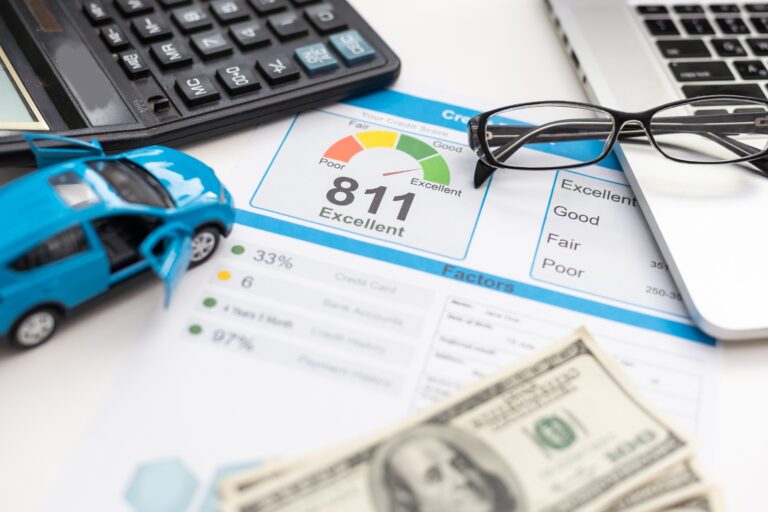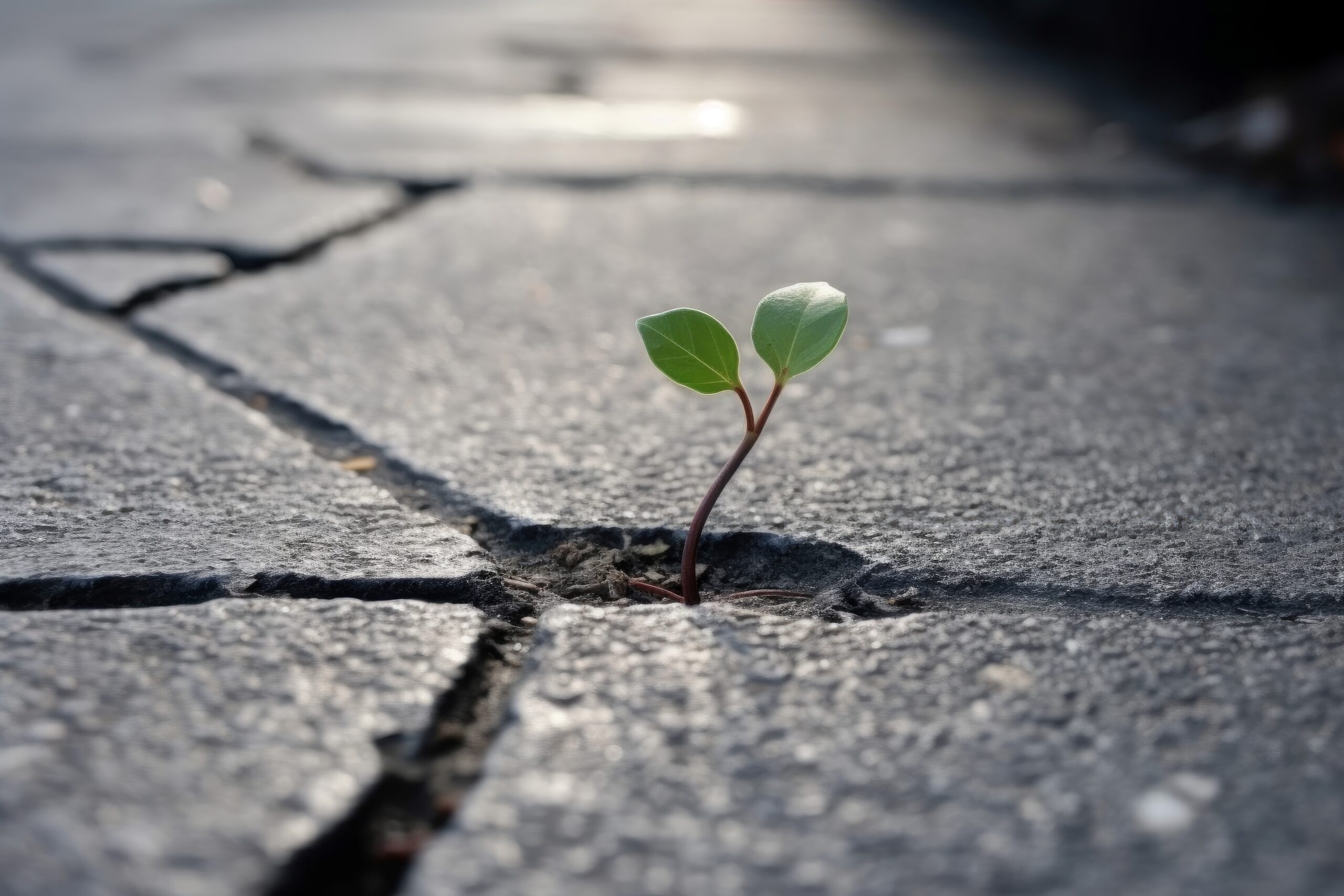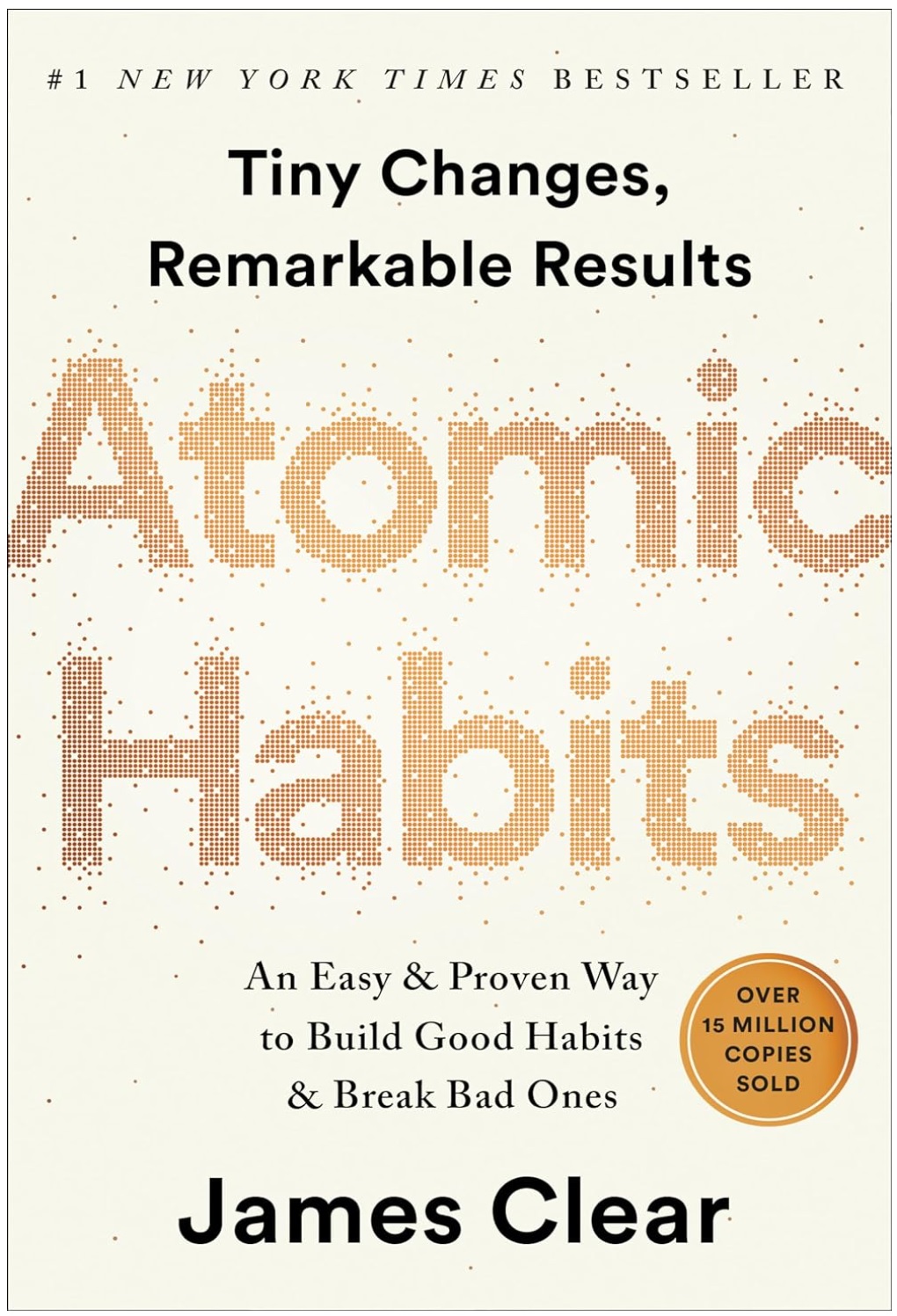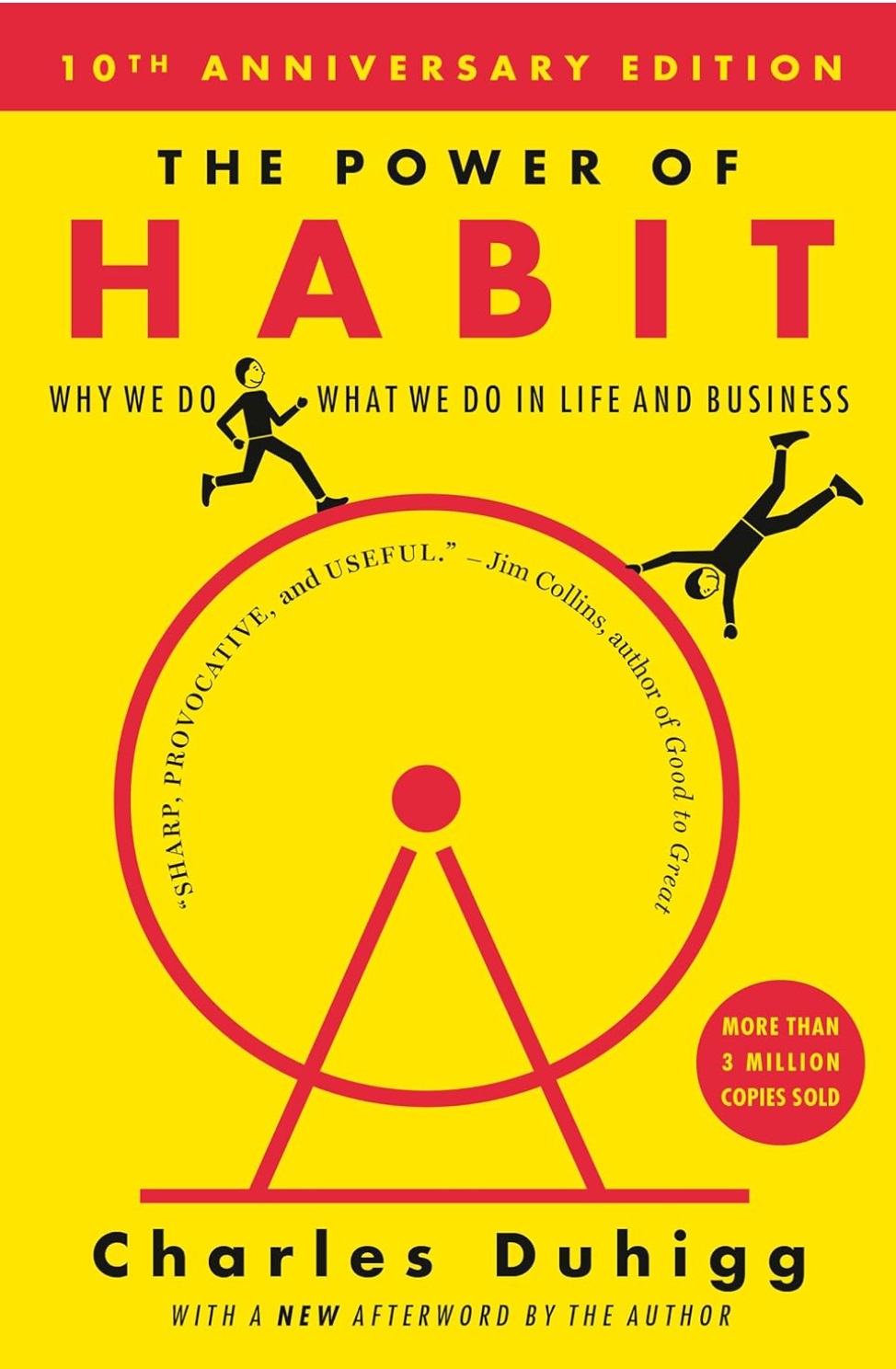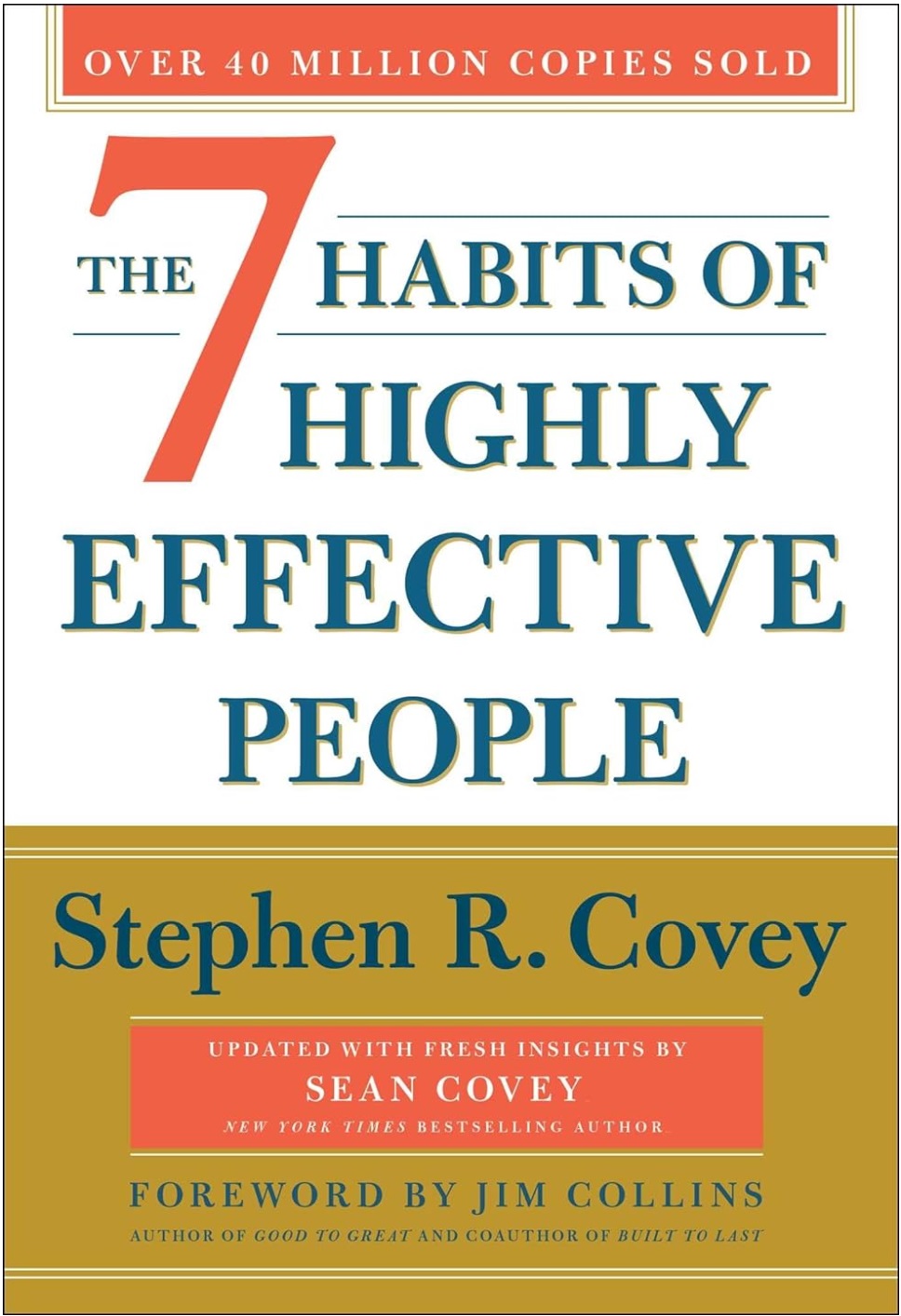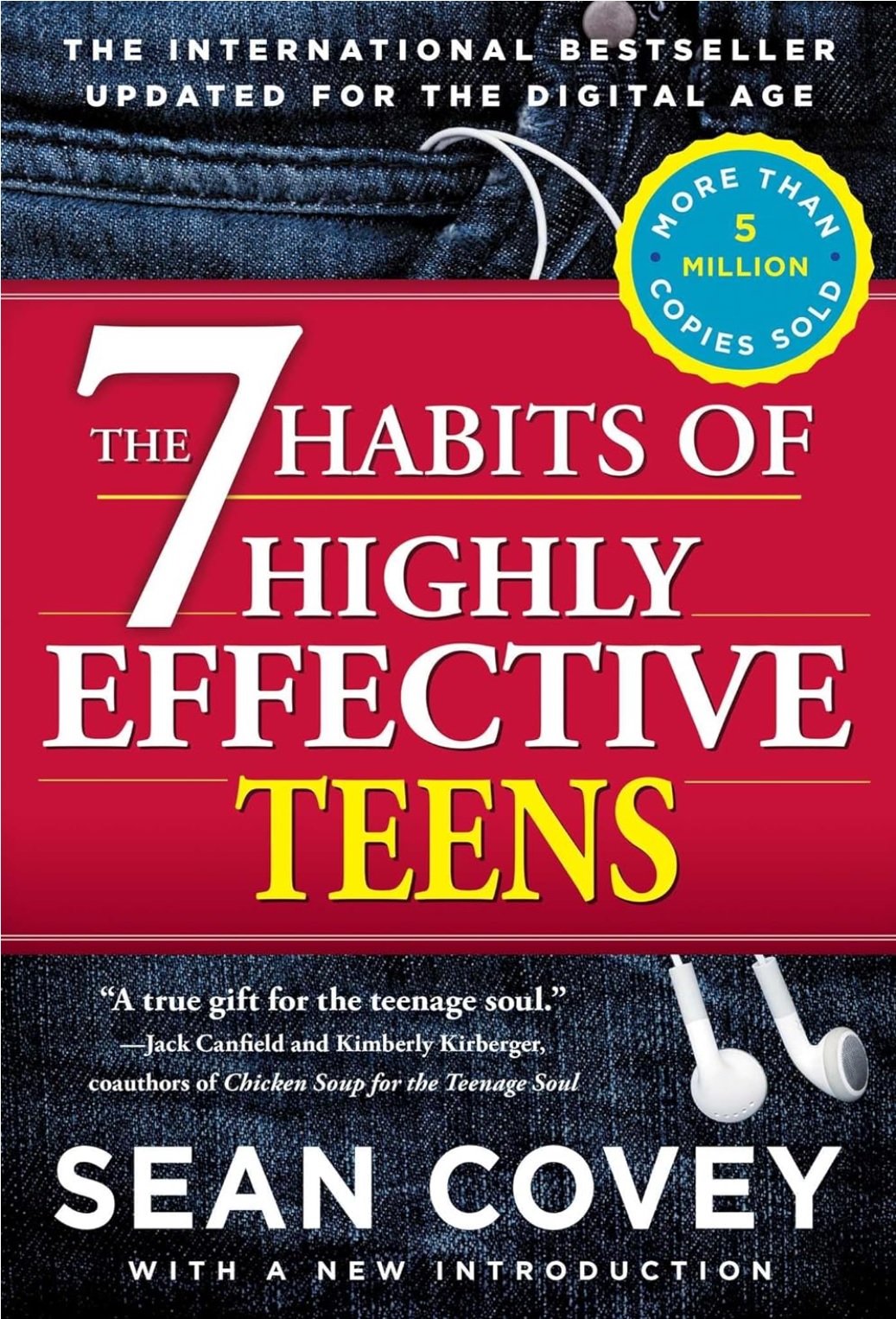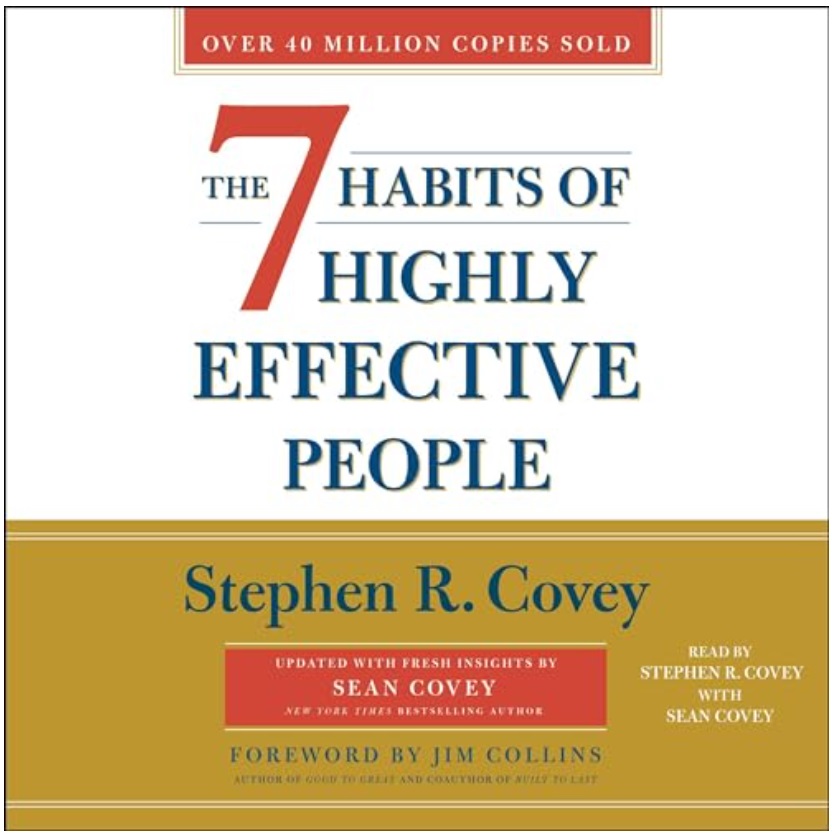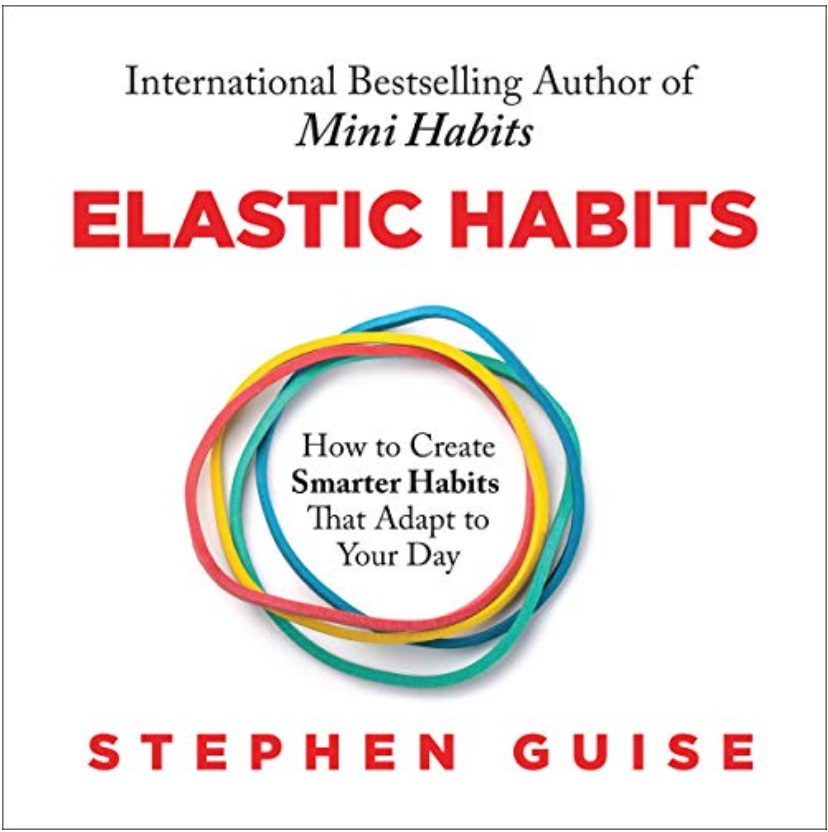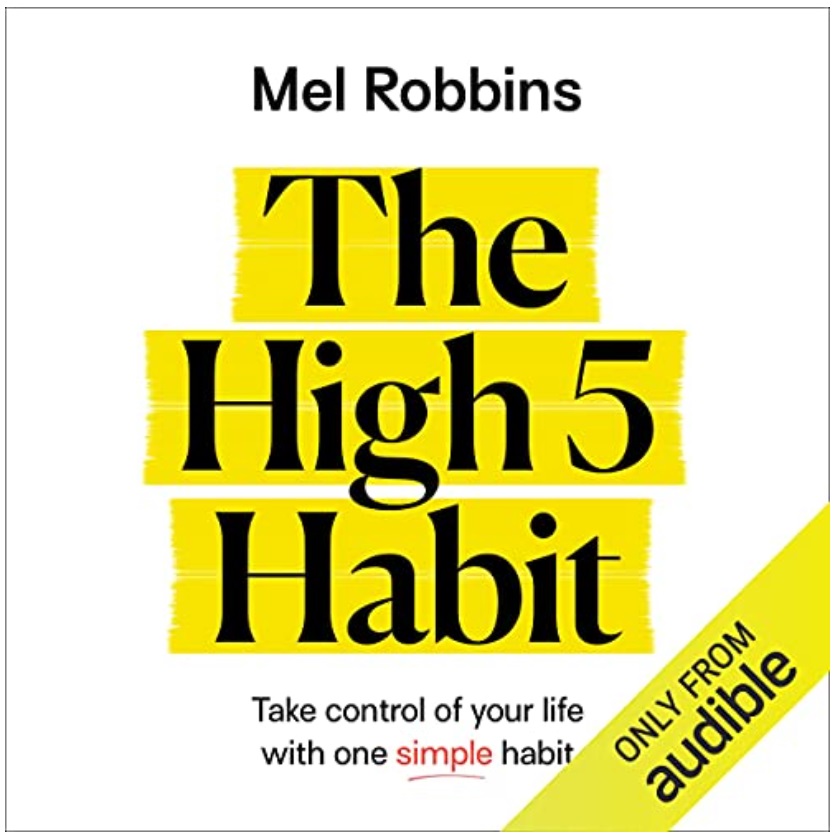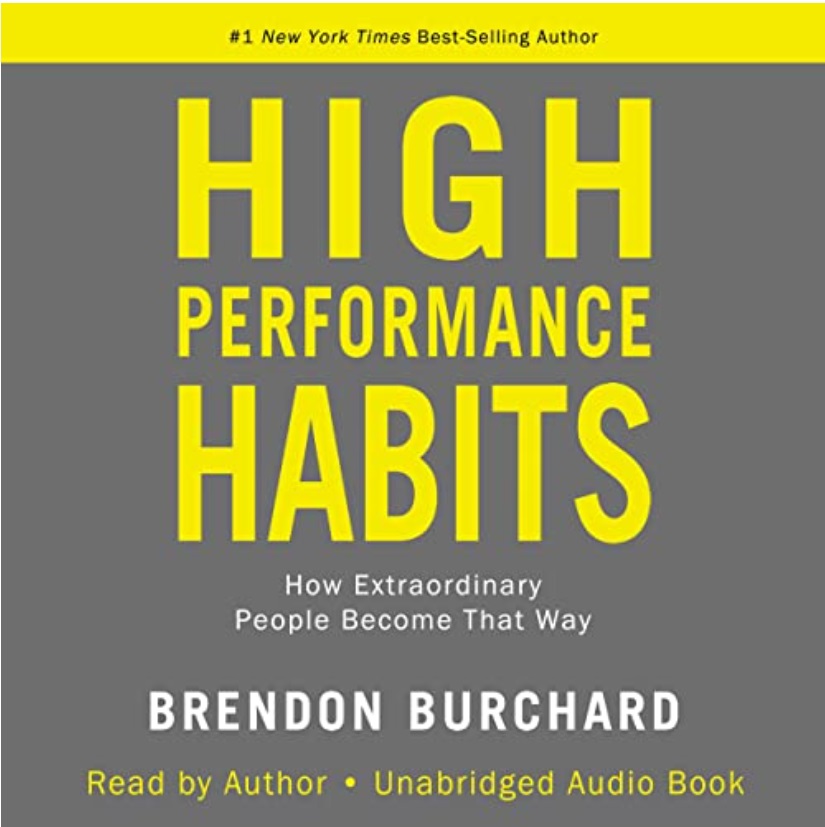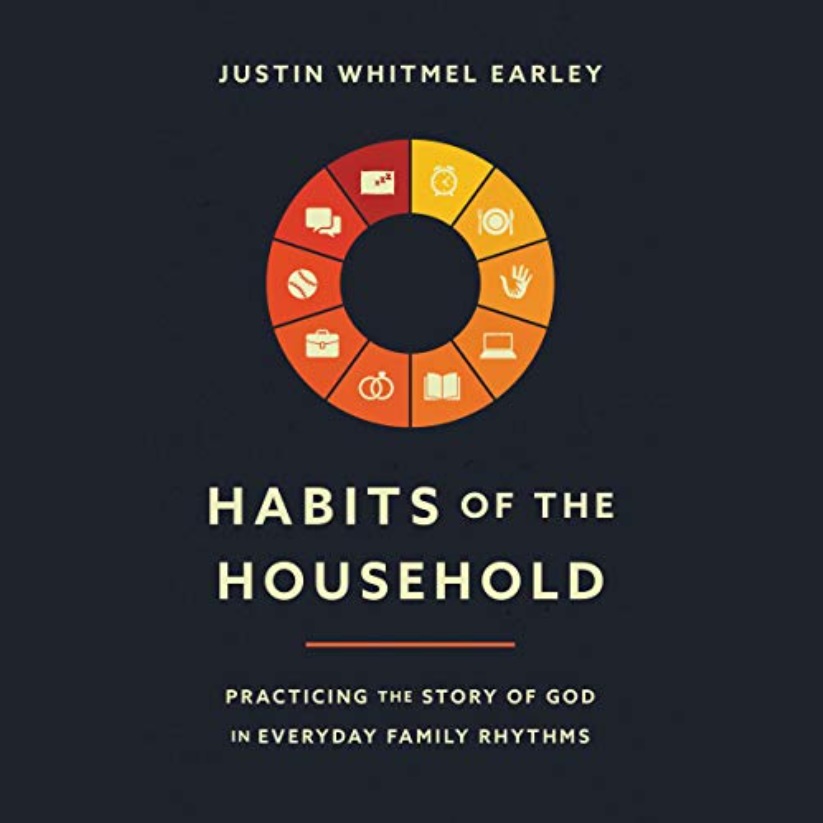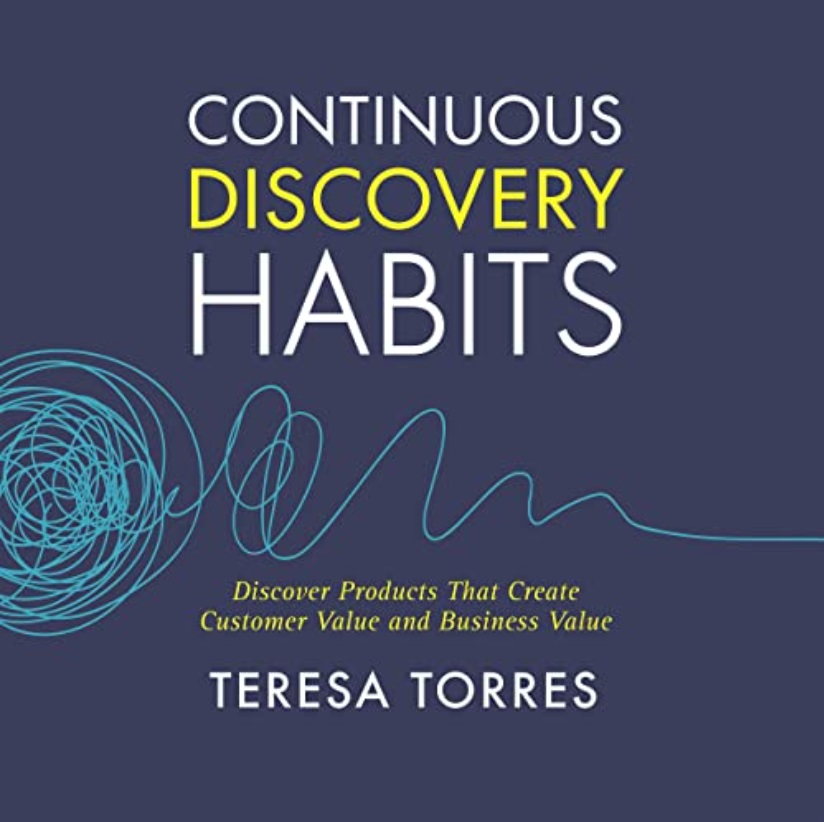- KEY POINTS
- Monitor your credit and pay bills on time to build a strong financial foundation and improve your credit score.
- Keep credit utilization low and avoid carrying balances to maintain healthy credit and reduce unnecessary interest payments.
- Use credit responsibly and focus on long-term goals to unlock financial opportunities and secure peace of mind.
Good credit is more than just a number—it’s a gateway to opportunities. Whether you’re applying for a mortgage, financing a car, or even renting an apartment, your credit history plays a crucial role.
I remember feeling frustrated when I was denied a credit card in my early 20s because I had no established credit. That moment made me realize how important it is to build and maintain good credit.
If you’ve ever wondered why credit matters so much or how to improve it, you’re in the right place. In this post, I’ll share practical, actionable habits to build and maintain good credit. These strategies have helped me improve my credit score, gain financial stability, and feel more confident in my financial future.
Table of Contents
ToggleUnderstand Your Credit Report
Know What’s in Your Report
The first habit I developed for better credit was regularly checking my credit report. I used to avoid it, thinking it would be full of complicated jargon I wouldn’t understand. But once I reviewed it, I realized how straightforward it was. Your credit report is essentially a summary of your borrowing history, including loans, credit cards, and payment habits.
Knowing what’s in your report is critical because it affects your credit score and can influence financial decisions made by lenders. By reviewing my report, I discovered an error—a payment that was marked late when I had paid on time. Disputing and correcting that error boosted my credit score by several points.
If you haven’t checked your credit report recently, I recommend doing so today. You’re entitled to a free report annually from each of the major credit bureaus. For more insights, explore Building Good Credit Habits for Financial Success.
Monitor for Accuracy
Another habit I developed was monitoring my credit report regularly. Mistakes can happen, and they can hurt your score if left unchecked. By keeping an eye on my report, I’ve been able to catch and address errors before they caused problems.
For example, a fraudulent account was once opened in my name. Because I was monitoring my credit, I caught it early, reported it, and had it removed. This habit has saved me from potential financial setbacks and given me peace of mind.
Make it a habit to review your report at least once a year—or more often if you’re actively working to improve your credit.
Pay Your Bills on Time
The Importance of Consistency
One of the most impactful habits for building good credit is paying bills on time. Payment history accounts for a significant portion of your credit score, so consistency is key. In the past, I’d sometimes forget due dates and face late fees, which hurt my score. Setting up automatic payments changed everything.
Automation ensures my bills are paid on time, every time. I don’t have to worry about forgetting a due date, and I’ve avoided late fees entirely. This simple habit has helped me build a positive payment history, which has had a lasting impact on my credit.
If automation isn’t an option for you, setting reminders on your phone or calendar can help. Paying on time is one of the easiest ways to improve your credit score over time.
Break Down Large Bills
When I faced larger bills, like medical expenses, I used to feel overwhelmed and put off payments. But I learned that breaking them into smaller, manageable payments not only made them less intimidating but also ensured they didn’t negatively affect my credit.
For example, when I had a $1,200 medical bill, I worked out a payment plan with the provider and made consistent monthly payments. This kept my account in good standing and prevented a negative mark on my credit report.
If you’re facing a large bill, don’t ignore it. Reach out to the company to set up a payment plan that works for you. For more budgeting strategies, check out 9 Common Sense Habits for Sticking to a Family Budget.
Keep Credit Utilization Low
The 30% Rule
One of the quickest ways to improve your credit score is by keeping your credit utilization low. This means using no more than 30% of your available credit limit at any given time. I used to max out my credit cards, which significantly hurt my score. Learning about the 30% rule helped me change my habits.
For example, if your credit limit is $5,000, try to keep your balance below $1,500. Staying within this range shows lenders that you’re responsible with credit and not over-reliant on it. When I started implementing this habit, I noticed an improvement in my credit score within a few months.
If you’re currently using more than 30% of your credit limit, consider paying down balances as soon as possible. For additional tips, explore 17 Surefire Ideas to Break Bad Spending Habits.
Pay Down Balances Strategically
I used to focus on paying just the minimum balance on all my credit cards, but I learned that paying more than the minimum makes a huge difference. Now, I prioritize paying off the card with the highest interest rate first while still making minimum payments on the others.
This strategy, known as the debt avalanche method, helped me reduce the overall cost of my debt and improve my credit utilization. It’s a habit I’ve stuck with, and it’s brought me closer to my goal of being debt-free.
Limit New Credit Applications
Be Selective About Applying
When I first started working on my credit, I thought applying for multiple credit cards would help boost my score. I quickly learned that too many credit inquiries can hurt your credit instead of helping it. Every time you apply for a new line of credit, it results in a hard inquiry, which can temporarily lower your score.
Now, I’m much more selective about when and why I apply for credit. Before submitting an application, I ask myself if the new account will truly benefit my financial goals. For instance, I once applied for a credit card with better rewards to replace an older card, but I avoided opening additional accounts unnecessarily. By being strategic, I’ve been able to maintain a healthy credit score while meeting my financial needs.
If you’re considering applying for new credit, think carefully about whether it aligns with your financial priorities. For more tips on managing credit responsibly, visit Good Habits to Build Credit and Why It Matters.
Space Out Credit Applications
One habit I’ve developed is spacing out my credit applications. Instead of applying for multiple cards or loans in a short time, I wait at least six months between applications. This minimizes the impact of hard inquiries on my credit score and ensures I’m not taking on too much credit at once.
Spacing out applications also gives me time to evaluate my financial situation and determine if I really need new credit. This habit has helped me avoid unnecessary debt and keep my credit in good standing. For more strategies, check out Habits You Should Adopt to Stop Getting into Bad Debt.
Diversify Your Credit Mix
Balance Different Types of Credit
Another factor that affects your credit score is your credit mix, which refers to the different types of credit accounts you have. Lenders like to see a mix of revolving credit (like credit cards) and installment loans (like auto loans or mortgages). I used to rely solely on credit cards, but over time, I diversified my credit mix by taking out a small personal loan.
For example, I once took out a manageable loan to pay for home improvements. By making consistent, on-time payments, I not only improved my credit score but also gained experience managing a different type of credit. This diversification showed lenders that I could handle multiple forms of debt responsibly.
If your credit mix is limited, consider exploring opportunities to diversify it in a way that aligns with your financial goals. For more guidance, explore Debt-Free Living: Good Habits for Paying Off Loans.
Use Credit Cautiously
While it’s important to diversify your credit, it’s equally important to avoid overextending yourself. I’ve seen friends take on multiple loans just to improve their credit mix, only to struggle with repayments later. Instead, focus on managing your existing accounts responsibly before adding new ones.
Using credit cautiously has helped me maintain a healthy balance between improving my score and avoiding unnecessary debt. For additional advice on smart financial habits, visit 21 Tips for Developing Smart Financial Habits.
Stay Consistent and Patient
Credit Improvement Takes Time
One of the most important lessons I’ve learned is that building good credit doesn’t happen overnight. When I first started working on my credit, I was frustrated by how slow the progress felt. But over time, I realized that consistency is what makes the biggest difference.
For example, I committed to paying my bills on time, keeping my credit utilization low, and avoiding unnecessary applications. These habits didn’t lead to instant results, but they gradually improved my credit score and gave me more financial opportunities.
If you’re feeling discouraged, remember that small, consistent actions add up over time. Stay focused on your goals and trust the process. For more inspiration, check out Building Good Credit Habits for Financial Success.
Celebrate Your Progress
Paying off a credit card, improving your score, or correcting an error on your report are all achievements worth celebrating. When I reached my first milestone—raising my score by 50 points—I treated myself to a small reward. Acknowledging these wins kept me motivated to continue.
Celebrate your progress, no matter how small, and use it as fuel to keep going. Every step you take brings you closer to your financial goals.
Protect Your Credit
Monitor Your Credit Regularly
One habit I’ve developed to maintain good credit is monitoring my credit regularly. I check my credit report at least once a year to ensure everything is accurate. It’s easy to miss errors or signs of identity theft if you’re not keeping an eye on your accounts. For example, I once found an unauthorized account opened in my name. By catching it early, I was able to dispute it and prevent further damage.
Monitoring your credit is simple and free. You’re entitled to one free credit report per year from each of the three major credit bureaus. Make it a habit to review these reports regularly to stay informed and proactive. For additional tips, visit Habits You Should Adopt to Stop Getting into Bad Debt.
Protect Against Identity Theft
Identity theft can have a devastating impact on your credit. To protect myself, I’ve taken steps like setting up fraud alerts and using strong passwords for all my accounts. I also avoid sharing sensitive information unless it’s absolutely necessary.
One of the best decisions I made was freezing my credit with the major bureaus. This prevents anyone from opening new accounts in my name without my consent. It’s a simple step that provides extra peace of mind.
If you’re concerned about protecting your credit, consider adding extra layers of security. For more insights, check out 17 Surefire Ideas to Break Bad Spending Habits.
Use Credit as a Tool, Not a Crutch
Focus on Long-Term Goals
When I started building credit, I viewed it as a tool to help me achieve long-term goals, not as a way to buy things I couldn’t afford. For example, I used credit to finance my first car but made sure the monthly payments fit within my budget. This responsible use of credit helped me build my score while meeting an important need.
If you’re using credit to achieve specific goals, ensure you have a plan to pay it off responsibly. Treat it as a tool to enhance your financial opportunities, not as an endless source of funding.
Avoid Carrying Balances
One habit that’s been crucial for me is paying off my credit card balances in full every month. Carrying a balance not only accrues interest but can also hurt your credit utilization ratio. By paying off my balances, I’ve been able to avoid debt and keep my credit score strong.
If you’re unable to pay your balance in full, aim to pay as much as possible to minimize interest. For more strategies, explore Debt-Free Living: Good Habits for Paying Off Loans.
The Bigger Picture: Why Credit Matters
Financial Opportunities
Good credit opens doors. From qualifying for lower interest rates on loans to securing better rental terms, your credit score can significantly impact your financial life. I’ve experienced this firsthand when I refinanced my car loan at a much lower rate, saving me hundreds of dollars over the life of the loan.
Think of your credit as a foundation for achieving your goals. By maintaining good habits, you’ll create opportunities to save money and reduce financial stress.
Peace of Mind
Beyond the tangible benefits, having good credit brings peace of mind. I no longer worry about being denied a loan or facing high-interest rates. Knowing my credit is in good standing has given me confidence in my ability to handle future financial challenges.
When you prioritize building and maintaining good credit, you’re investing in a more secure and stress-free financial future. For more guidance, visit 21 Tips for Developing Smart Financial Habits.
Conclusion
Building good credit isn’t about quick fixes; it’s about consistent habits that support your financial well-being. From paying bills on time to monitoring your credit and using it responsibly, these practices create a foundation for success.
Start small. Pick one habit to focus on, like keeping your credit utilization low or reviewing your credit report. Over time, these small actions will add up and transform your financial future.
Remember, good credit isn’t just about numbers—it’s about creating opportunities and reducing stress. Take the first step today. For more actionable tips, explore Good Habits to Build Credit and Why It Matters and the other posts linked throughout this guide. Your financial freedom starts with the habits you build now.
References
Blog Post References
- 9 Common Sense Habits for Sticking to a Family Budget
- 7 Tips to Develop Good Saving Habits
- Habits You Should Adopt to Stop Getting into Bad Debt
- Debt-Free Living: Good Habits for Paying Off Loans
- Building Good Credit Habits for Financial Success
- 21 Tips for Developing Smart Financial Habits
- 17 Surefire Ideas to Break Bad Spending Habits
- Why Emergency Funds Matter and How to Start One
- The Ultimate Guide to Financial Wellness

